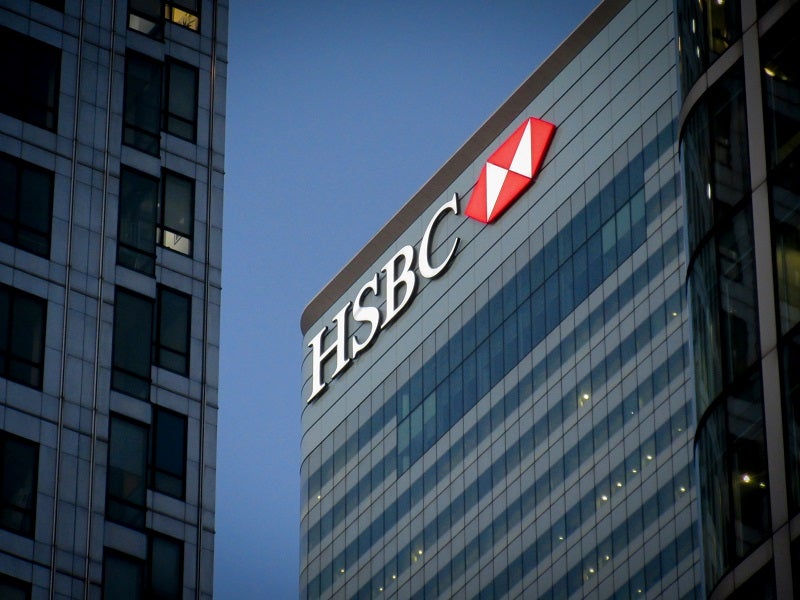Banks have woken up to the reality that customers are slipping away thanks to services such as currency exchange, wealth, and budgeting tools, with the only remedy now to compete in these fields.
Incumbent banks may have felt safe 10 or 20 years ago, but if that feeling persists today it is badly misplaced. Challenger banks have sprung up everywhere, with names such as Revolut becoming increasingly well-known, not just as a great currency exchange option but as a full-time bank too.
The reason for this sudden shift lies in consumer sentiment being squarely against the big banks. GlobalData’s 2020 Banking and Payments Survey found that globally, consumers have better opinions of digital banks, with net scores of +38% and +25% that digital-only banks offer better rates and more advanced digital banking respectively. Combine this with a high propensity to try out alternative providers for budgeting (54%) or currency exchange (49%) versus mortgage (38%) services and that creates a back door for digital and non-bank providers alike to enter.
While these services may not appear to be that important at first (they certainly don’t provide the bulk of incumbent revenue), the danger is what happens next. Take Cleo AI, for example, a mere budgeting tool. This provider allows customers to access flexible, on-demand credit at 0% as part of its Cleo Plus premium account, which includes several other features for $6 a month. Operating in the UK, the US, and Canada, the company has built a dedicated fan base boasting over three million customers.
Fortunately, banks such as HSBC have woken up to this threat, in this case offering a currency exchange alternative to TransferWise that the likes of Revolut and others use to great effect. On paper, HSBC’s new proposition promises a lot. It is a fee-free, real-time service whereby customers can hold money, make cross-border transfers, and pay for bills and purchases throughout 20 different markets. It’s not perfect, though – not only because digital rival Revolut offers 30+ countries with commodities and cryptocurrency options, but mainly because for now the service can only be used between HSBC customers.
Thankfully for HSBC, the product doesn’t need to be better, just good enough to reduce the technological advantage that challenger banks currently possess. And once the latter problem is resolved, HSBC will have just the tool to take the fight to Revolut and others that would seek to lure away its customers via the back door.

US Tariffs are shifting - will you react or anticipate?
Don’t let policy changes catch you off guard. Stay proactive with real-time data and expert analysis.
By GlobalDataFor incumbent banks to feel safe again, they will need to reduce the technological gap by competing in these more vulnerable spaces. As once digital and non-bank providers get a foothold, which they are beginning to do, it’ll be far more difficult for incumbents to persuade customers to stay if they can see the benefits their new rivals already offer.










